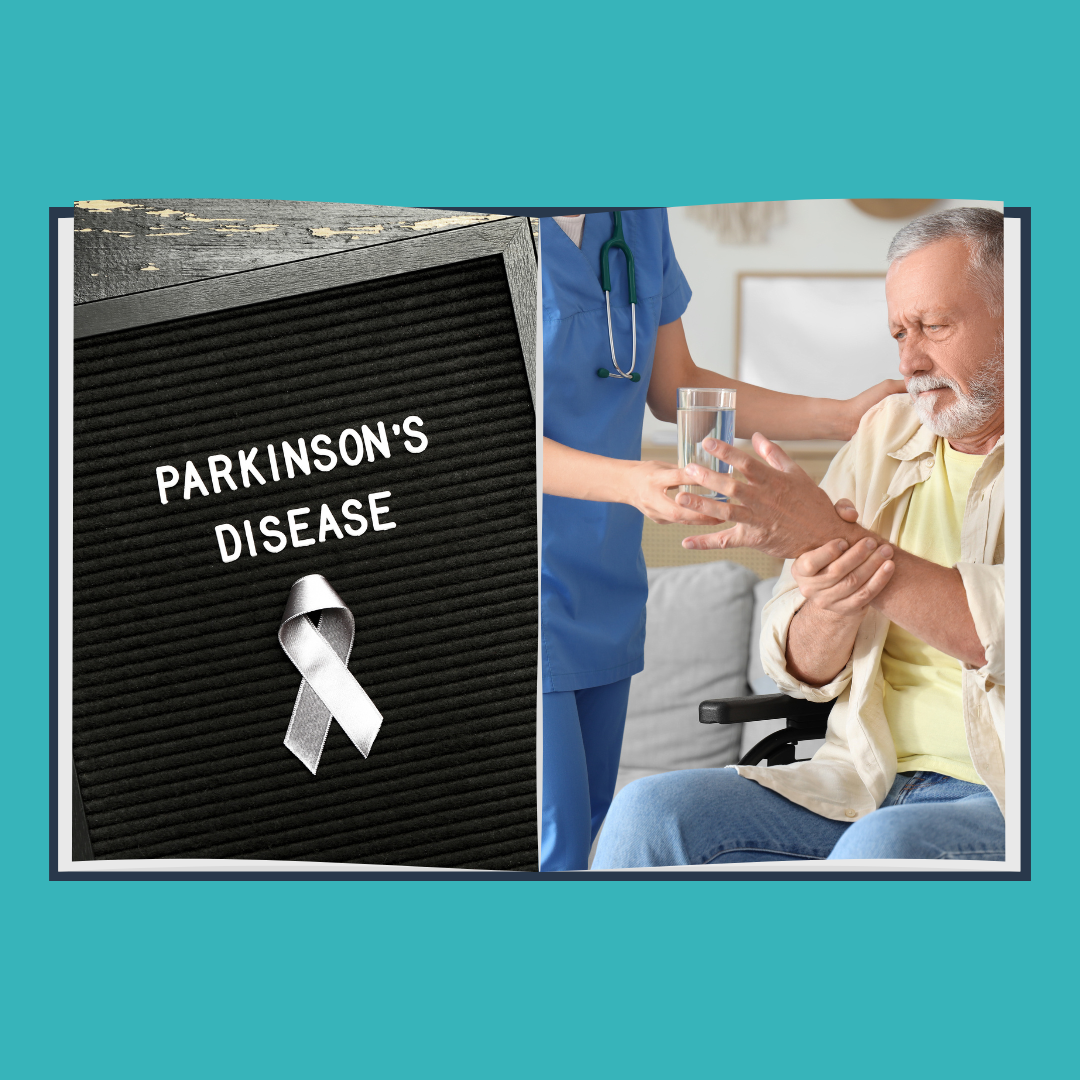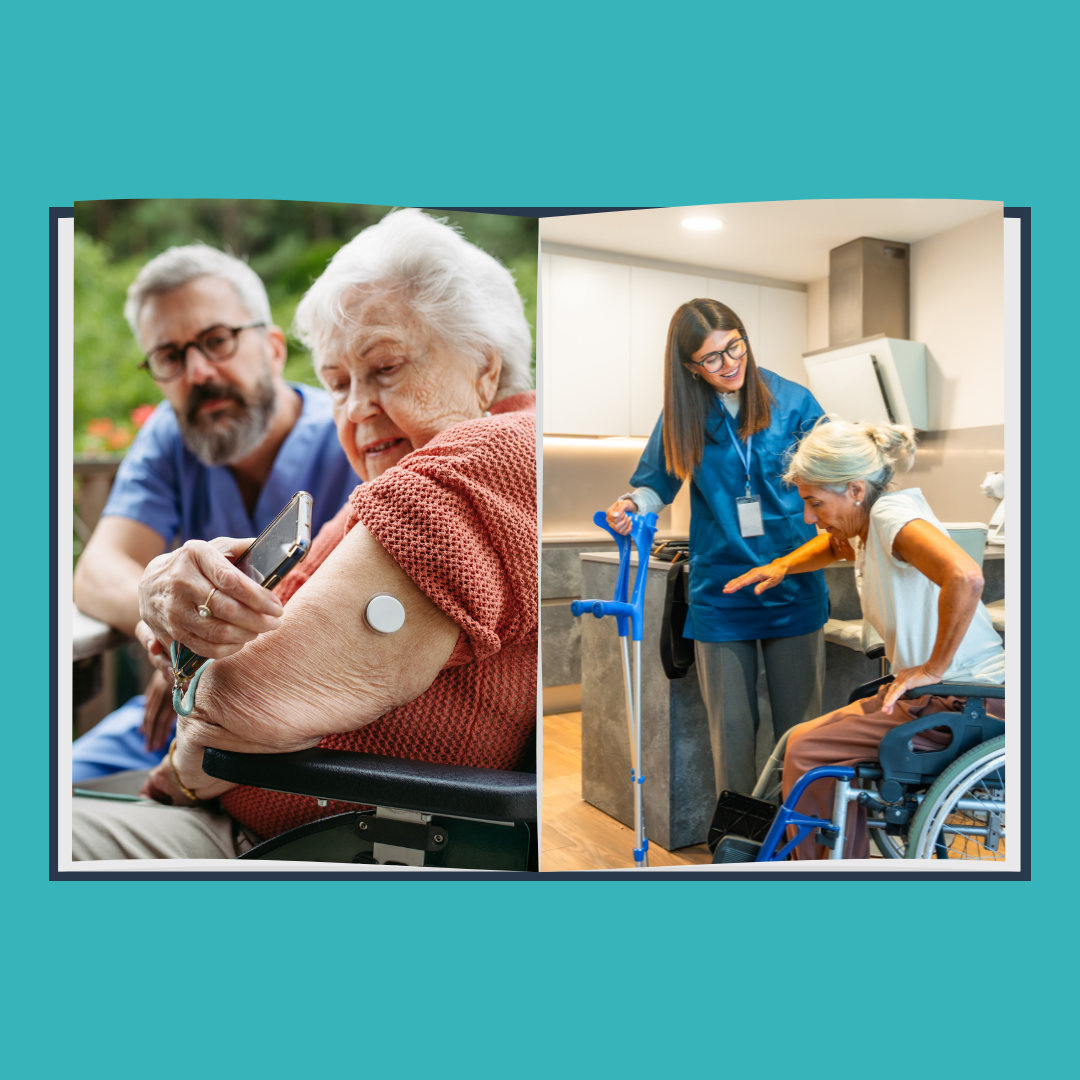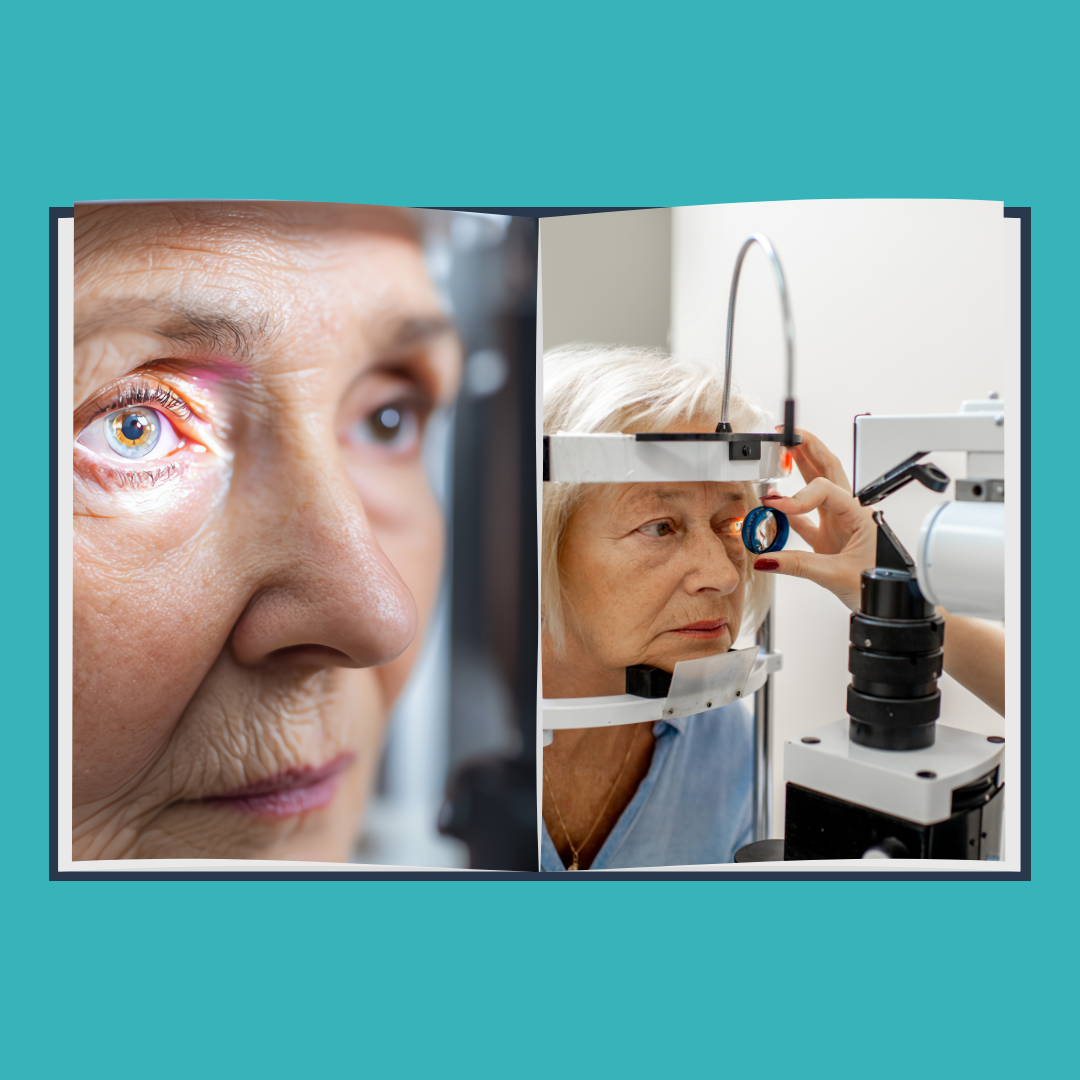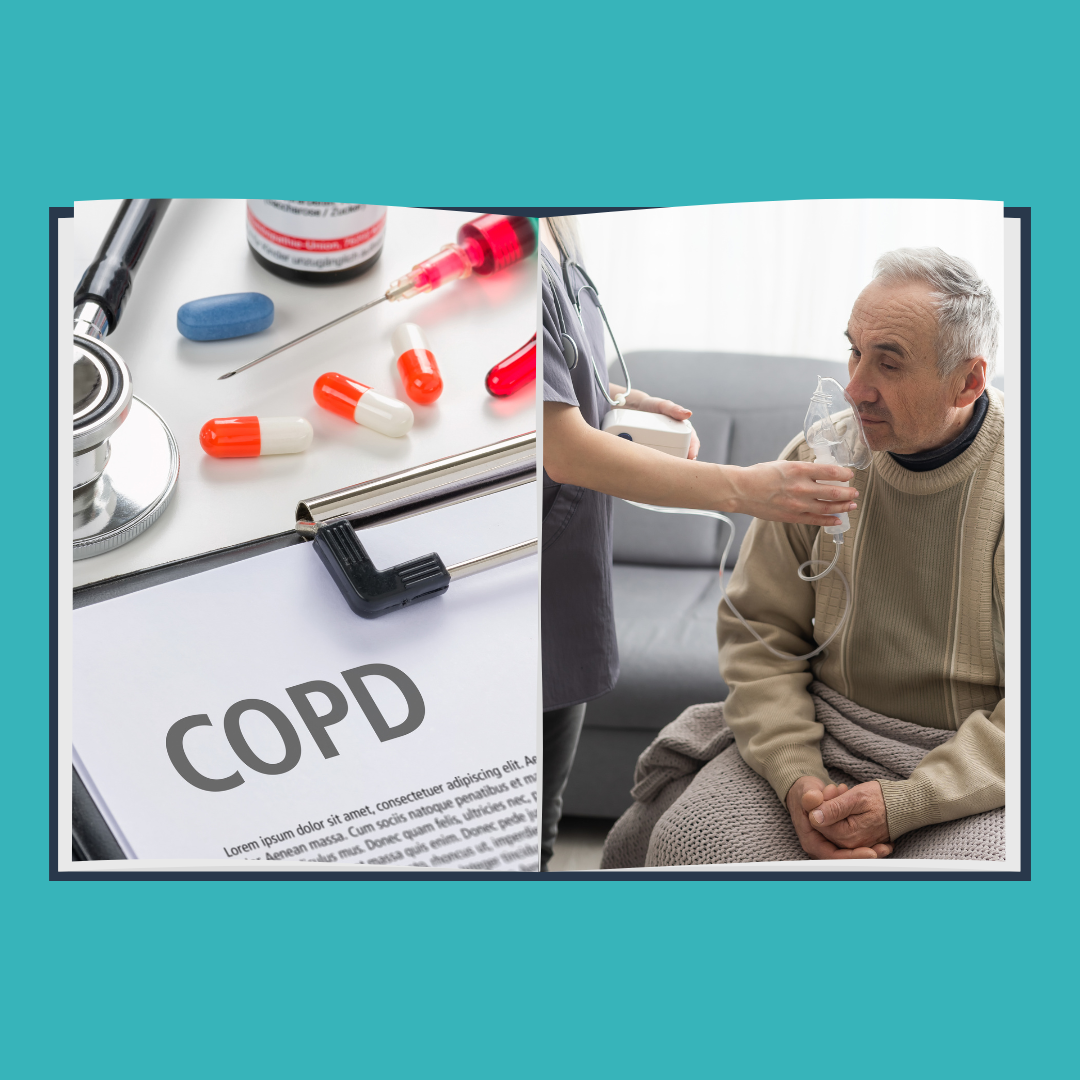New Paragraph
Understanding Sleep Apnea in Seniors: How In-Home Care Can Help
Sleep apnea is a serious condition characterized by repeated interruptions in breathing during sleep. It affects people of all ages, but it is particularly prevalent among seniors. For older adults, sleep apnea can have significant implications for overall health and quality of life. Managing this condition often requires a comprehensive approach, including effective in-home care strategies.
In this article, we will explore what sleep apnea is, its impact on seniors, how it is diagnosed and treated, and how in-home care services can support seniors living with this condition.
What is Sleep Apnea?
Sleep apnea is a sleep disorder where a person’s breathing is repeatedly interrupted during sleep. There are three main types of sleep apnea:
- Obstructive Sleep Apnea (OSA): The most common type, caused by a blockage of the upper airway, usually when the soft tissue at the back of the throat collapses and closes during sleep.
- Central Sleep Apnea (CSA): This type occurs when the brain fails to send the correct signals to the muscles that control breathing. It is less common and often associated with underlying medical conditions.
- Complex Sleep Apnea Syndrome: Also known as treatment-emergent central sleep apnea, this type is a combination of obstructive and central sleep apnea.
How Sleep Apnea Affects Seniors
Sleep apnea can have a profound effect on the health and well-being of seniors:
- Disrupted Sleep: Frequent interruptions in breathing lead to fragmented sleep, resulting in daytime fatigue, irritability, and difficulty concentrating.
- Increased Risk of Cardiovascular Problems: Sleep apnea is linked to high blood pressure, heart disease, and stroke. The repeated drops in blood oxygen levels can strain the cardiovascular system.
- Cognitive Impairment: Chronic sleep disruption can affect cognitive function, leading to memory problems, decreased alertness, and a higher risk of developing or worsening dementia.
- Reduced Quality of Life: The combination of poor sleep and associated health problems can lead to a diminished quality of life, affecting a senior's ability to engage in daily activities and enjoy social interactions.
Diagnosing Sleep Apnea
Diagnosing sleep apnea typically involves:
- Medical History and Physical Exam: A healthcare provider will review the patient’s medical history and conduct a physical exam, including an assessment of risk factors such as obesity or a family history of sleep apnea.
- Sleep Study (Polysomnography): A sleep study, either conducted in a sleep clinic or at home, is used to monitor breathing patterns, oxygen levels, and other physiological data during sleep.
- Home Sleep Apnea Test (HSAT): For some patients, a simplified test that measures breathing patterns, oxygen levels, and heart rate at home may be sufficient for diagnosis.
Treatment Options for Sleep Apnea
Treatment for sleep apnea aims to relieve symptoms, improve sleep quality, and address any underlying health issues. Common treatments include:
- Continuous Positive Airway Pressure (CPAP): The most common and effective treatment for OSA, a CPAP machine delivers a continuous stream of air through a mask to keep the airway open during sleep.
- Positive Airway Pressure (PAP) Therapy: This includes various types of devices like BiPAP (Bilevel Positive Airway Pressure) that provide different pressures for inhalation and exhalation.
- Lifestyle Changes: Weight loss, avoiding alcohol and sedatives, and sleeping on one’s side can help reduce the severity of sleep apnea.
- Oral Appliances: Dental devices can be used to keep the airway open by repositioning the lower jaw and tongue. They are often used for mild to moderate OSA.
- Surgery: In cases where other treatments are not effective, surgical options may be considered to remove or reduce the tissues blocking the airway.
How In-Home Care Can Support Seniors with Sleep Apnea
In-home care services play a crucial role in supporting seniors with sleep apnea, helping them manage their condition effectively and improving their overall quality of life. Here’s how in-home care can make a difference:
- Assisting with CPAP Therapy
- Setting Up Equipment: In-home caregivers can help set up and maintain CPAP machines, ensuring they are used correctly and consistently. This includes cleaning and inspecting the equipment regularly.
- Monitoring Usage: Caregivers can track the senior’s adherence to CPAP therapy, which is essential for effective treatment. They can provide reminders and encourage the senior to use the device as prescribed.
- Providing Medication Management
- Administering Medications: Some seniors may require medications to manage conditions associated with sleep apnea. In-home caregivers can assist with medication administration and ensure that prescriptions are followed accurately.
- Monitoring for Side Effects: Caregivers can help identify and report any side effects or interactions from medications that may affect the senior’s health or sleep.
- Supporting Lifestyle Changes
- Encouraging Healthy Habits: Caregivers can promote lifestyle changes that may help alleviate sleep apnea symptoms, such as encouraging a balanced diet, regular exercise, and weight management.
- Avoiding Triggers: Seniors may need help avoiding alcohol, sedatives, or certain sleeping positions that can exacerbate sleep apnea. Caregivers can provide reminders and support to make these adjustments.
- Providing Comfort and Safety
- Creating a Sleep-Friendly Environment: Caregivers can help create a comfortable and safe sleeping environment by ensuring the bedroom is quiet, dark, and conducive to restful sleep.
- Addressing Safety Concerns: Seniors with sleep apnea may experience daytime drowsiness or balance issues. Caregivers can assist with fall prevention and ensure that the home is safe and accessible.
- Offering Emotional Support
- Reducing Stress and Anxiety: Sleep apnea can be stressful, and caregivers can offer emotional support, reassurance, and encouragement to help seniors cope with their condition.
- Promoting Social Engagement: Encouraging social activities and providing companionship can help improve the senior’s mood and overall well-being, which can positively impact their sleep and health.
Sleep apnea is a significant health concern for seniors, with potential impacts on overall health, quality of life, and well-being. Effective management of the condition often involves a combination of medical treatments and supportive care. In-home care services provide essential support by assisting with CPAP therapy, managing medications, encouraging lifestyle changes, and offering emotional support.
By addressing the needs of seniors with sleep apnea through comprehensive in-home care, caregivers can help improve their sleep quality, manage associated health risks, and enhance their overall quality of life. Ensuring that seniors receive the right support and treatment can make a meaningful difference in their health and happiness.









